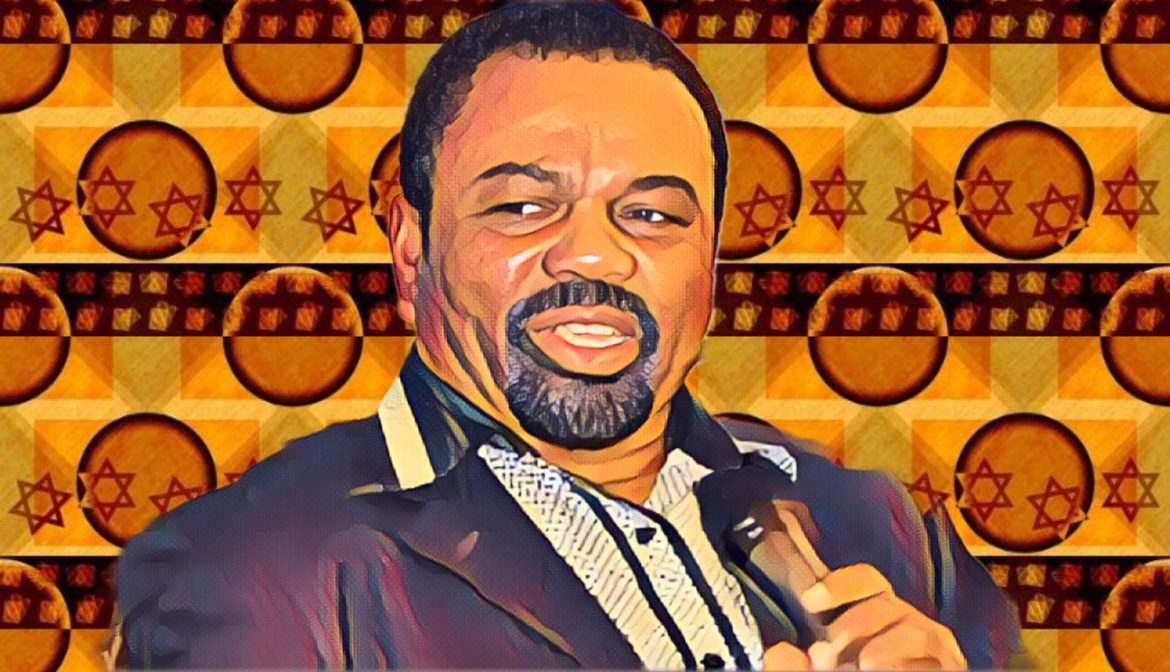The debate over a proposed bill to criminalize LGBTQ+ activities in Ghana has sparked a diplomatic row between African and Western countries. The bill, which was introduced in parliament in July 2023, seeks to ban same-sex relationships, advocacy, and funding for LGBTQ+ groups. It also imposes harsh penalties, ranging from five years to life imprisonment, for anyone who engages in or supports LGBTQ+ activities.
Foreign Influence
The bill has drawn criticism from several Western diplomats, who have threatened to cut aid and impose sanctions on Ghana if it passes the legislation. They argue that the bill violates human rights and international law, and that Ghana should respect the diversity and dignity of all its citizens.
However, some African leaders and scholars have rejected this interference, saying that it is an attempt to impose Western values and agendas on African countries. They maintain that LGBTQ+ issues are alien to African culture and traditions, and that African countries have the right to determine their own laws and policies.
One of them is Professor Vladimir Antwi Danso, the Dean of the Armed Forces Staff and Command College, who spoke to UTV’s ‘Mpu ne Mpu’ programme. He said that the Economic Community of West African States (ECOWAS) and the African Union (AU) should resist what he termed as “corrupt pressure” from European diplomats.
“Why should LGBTQ be a variable for the determination of our international relations? It is a corrupt pressure that all of us must oppose,” he said.
He also questioned why Western countries should dictate to African countries what they should do as sovereign states.
“We don’t tell them what to do, so why should they dictate to us what we should do as a sovereign state? ECOWAS and the African Union must rise up to oppose this action before it becomes too late.”
Cultural Autonomy
Prof. Antwi Danso emphasized the need for cultural preservation and national sovereignty, saying that African countries cannot all be like Europeans, nor can Europeans be like Africans.
“Why should someone come to dictate to us? We cannot all be Europeans, nor can we all be Africans. The specificities of our countries create the conditions for our choices. That is why the African Union and ECOWAS must stand firm to protect our culture,” he said.
He also challenged the notion that there is any international law that grants any country the authority to dictate how another country should govern itself.
He urged African countries to stand together and support Ghana in passing the bill, which he said is in line with the moral values and beliefs of the majority of Ghanaians.
Hope for the Future
Despite the controversy and tension surrounding the bill, there is hope that the dialogue and debate will lead to a better understanding and respect for the rights and dignity of all people, regardless of their sexual orientation or gender identity.
Some civil society groups and human rights activists have called for a more inclusive and compassionate approach to the issue, saying that criminalizing LGBTQ+ people will only increase stigma, discrimination, and violence.
They have also appealed to the government and parliament to consult widely and listen to the voices of LGBTQ+ people and their allies, who are also part of Ghanaian society.
They have also urged the international community to engage constructively and respectfully with Ghana, and to support efforts to promote human rights and social justice for all.
Source: Modern Ghana




